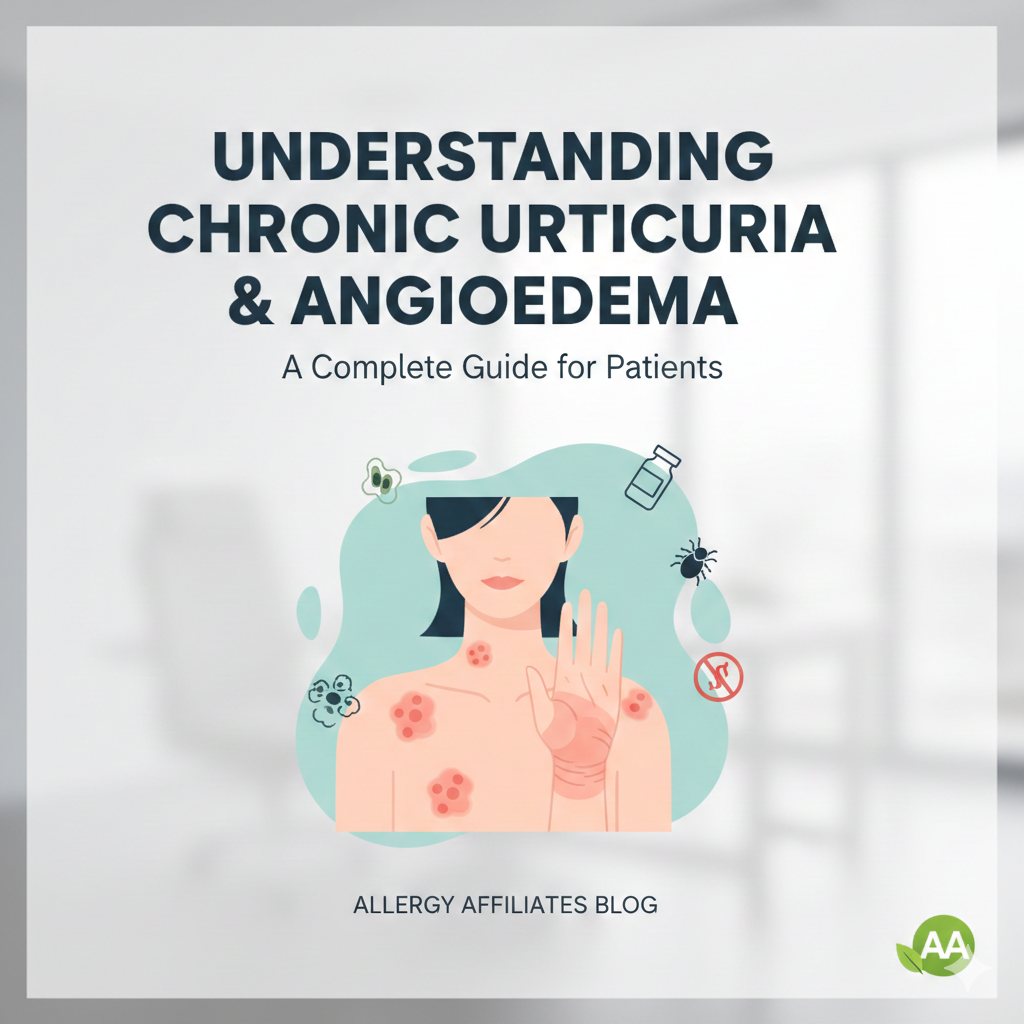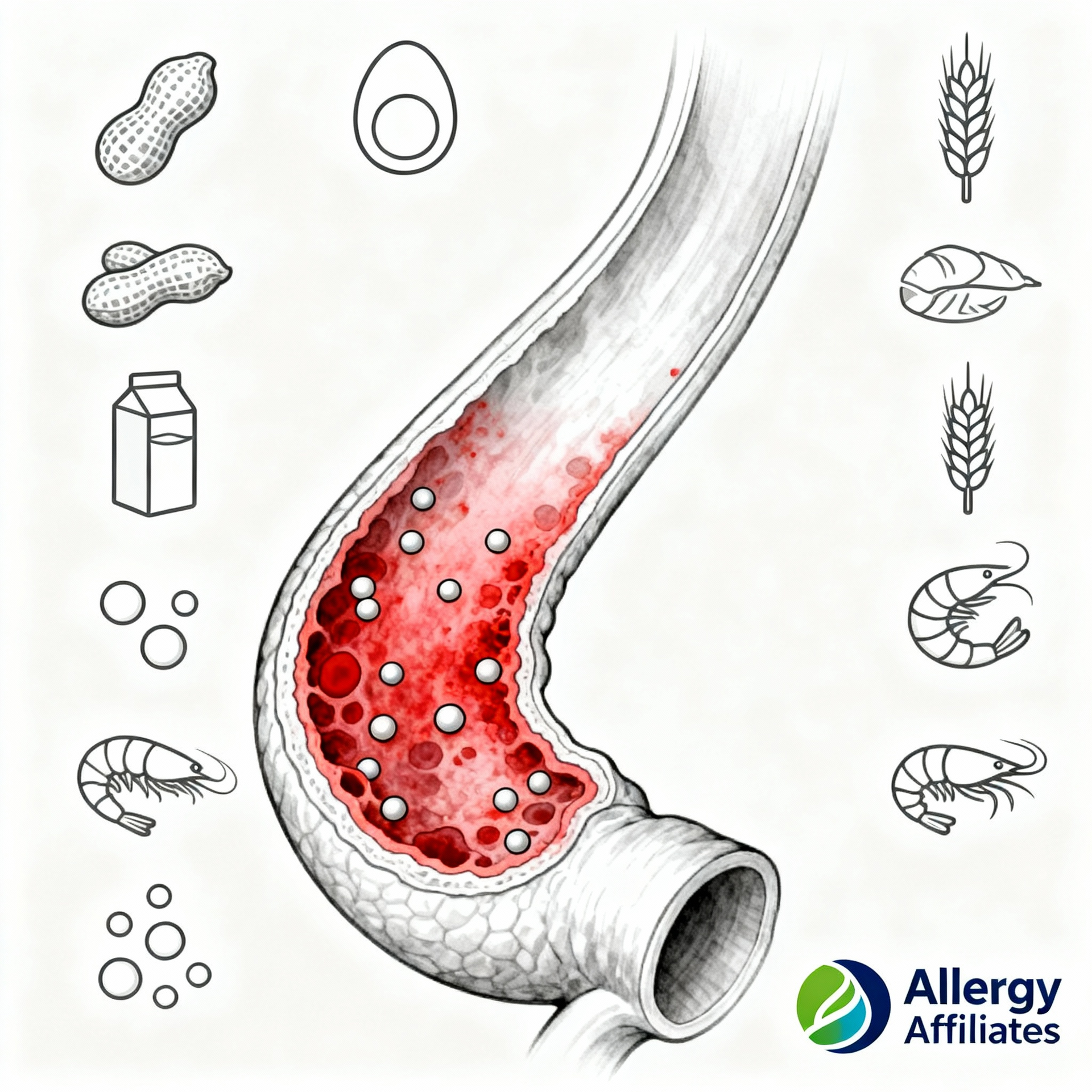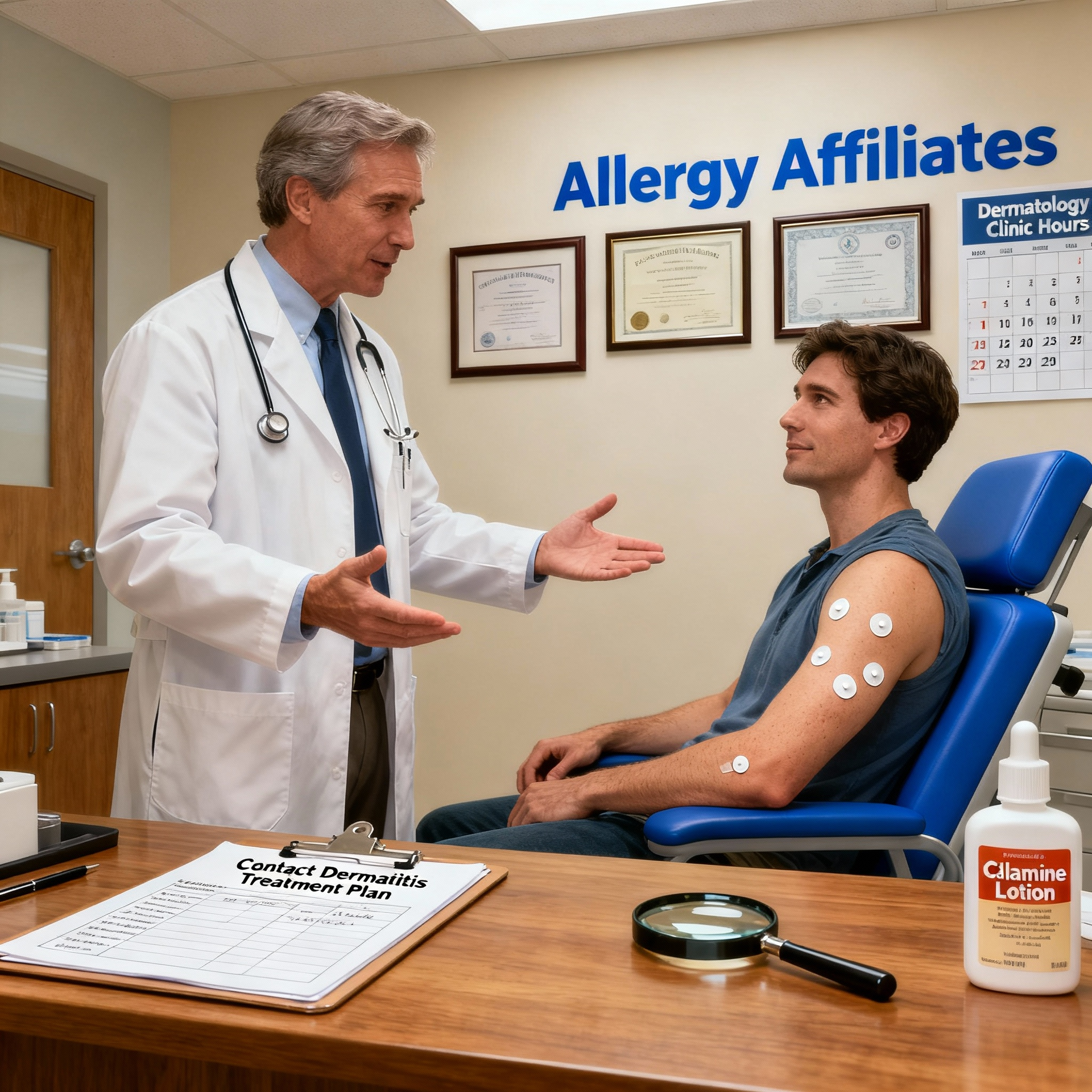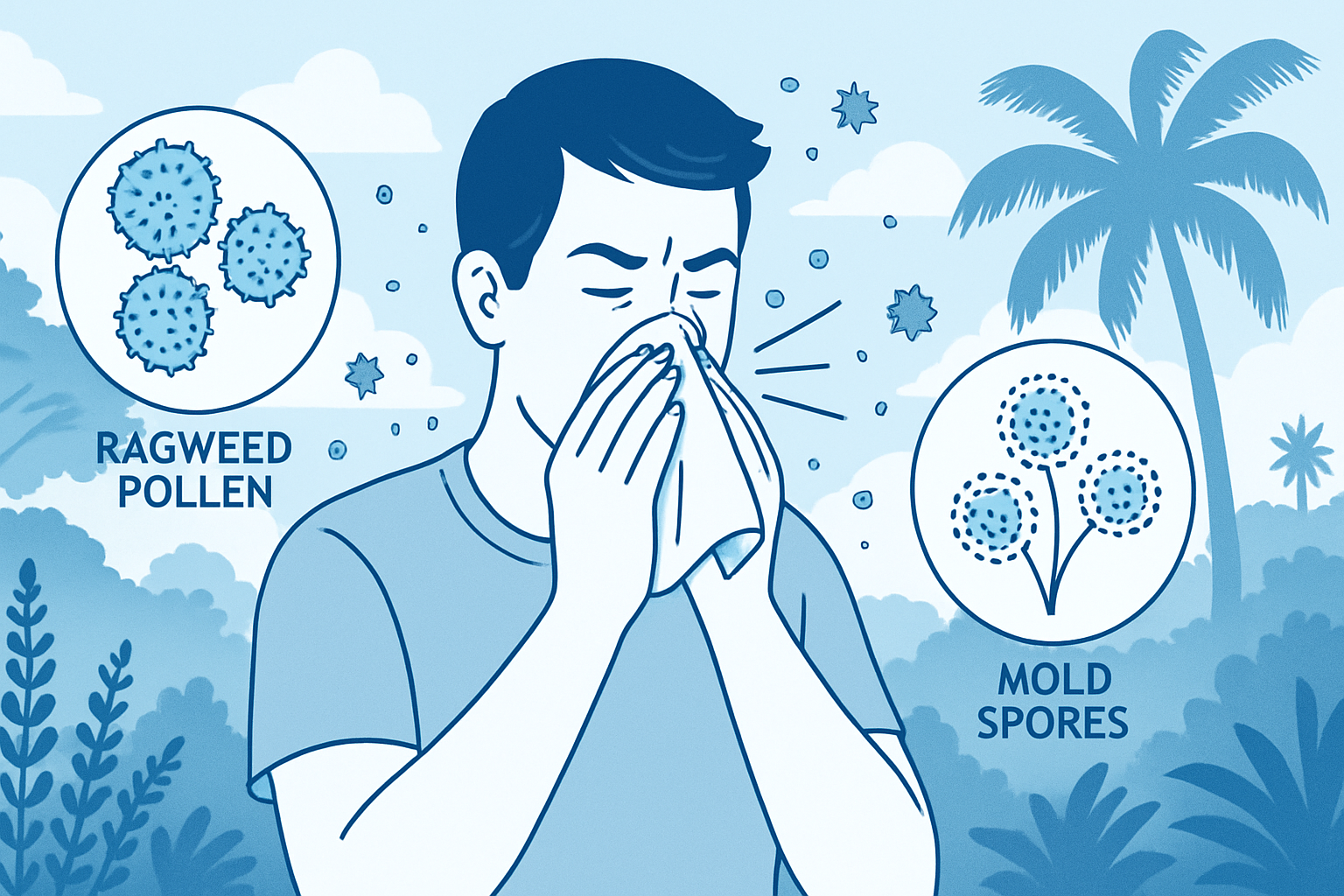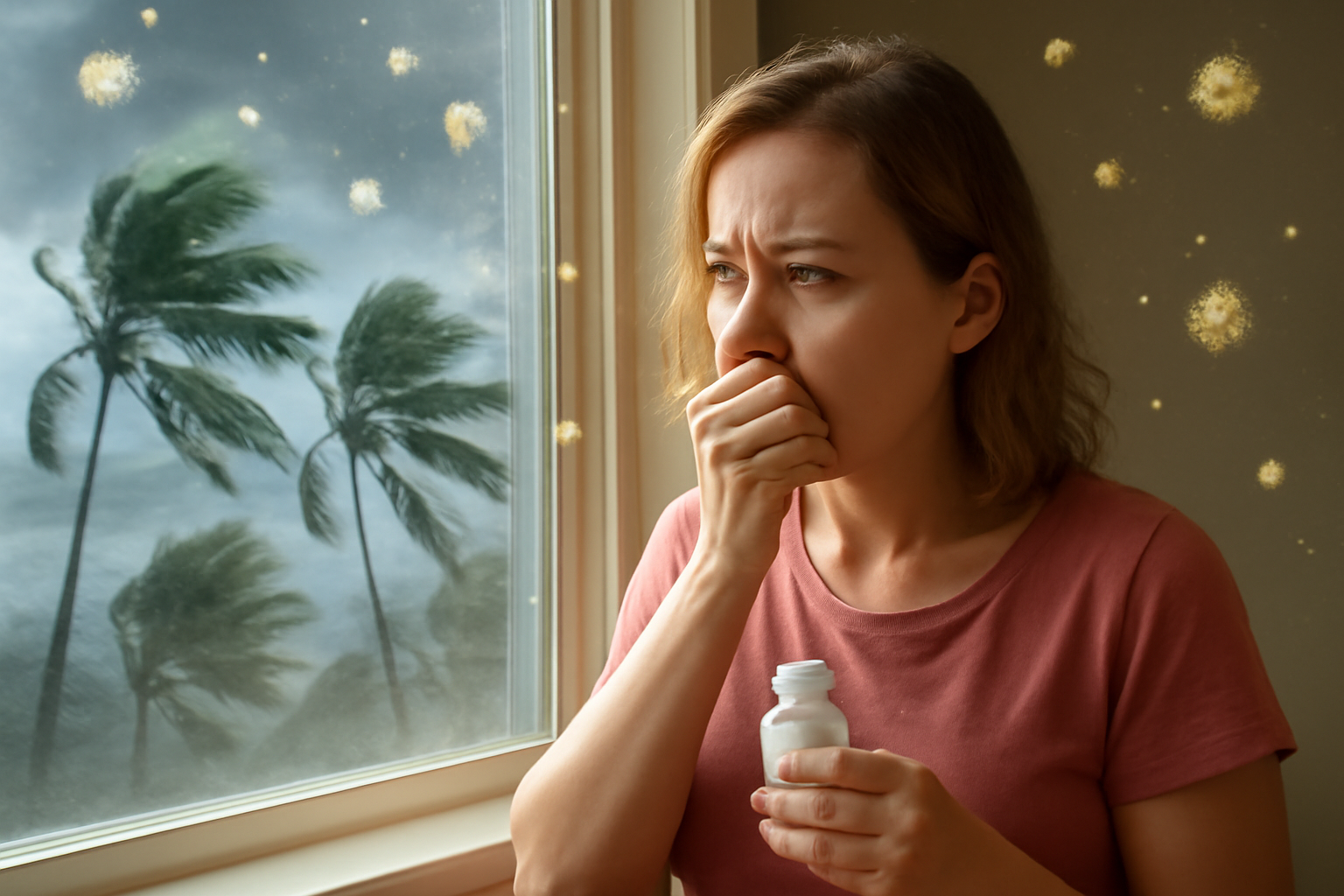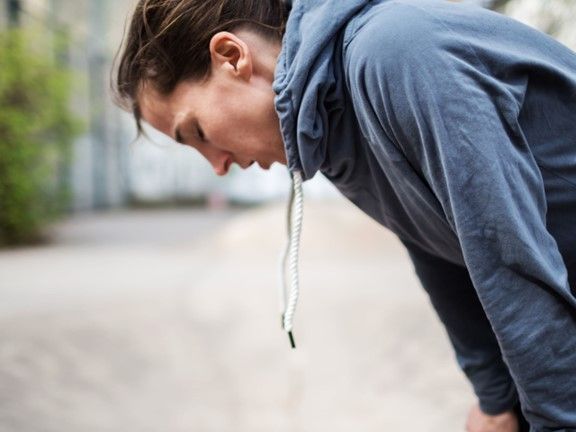
Are you an athlete—or someone who enjoys staying active—but often feel short of breath during or after exercise? Do you experience wheezing, coughing, or chest tightness when playing sports, especially outdoors? You may be dealing with a condition known as sports-induced asthma, medically referred to as exercise-induced bronchoconstriction (EIB).
At Allergy Affiliates, we help patients in Bradenton and throughout Florida identify and manage exercise-related breathing difficulties so they can stay healthy and active without fear. In this blog, we’ll explain what sports-induced asthma is, how to recognize the symptoms, and what you can do to manage it effectively.
What Is Sports-Induced Asthma?
Sports-induced asthma occurs when the airways temporarily narrow during or after physical activity. This narrowing can make it harder to breathe and reduce the flow of air to the lungs, especially when exercising in cold, dry, or polluted air. Although it’s called “asthma,” many people with exercise-induced bronchoconstriction (EIB) don’t have chronic asthma. In fact, it can affect people who are otherwise healthy and physically fit.
Why Does It Happen?
During physical activity, you tend to breathe more quickly and through your mouth. This bypasses your nose’s natural filtering and humidifying system, allowing cold, dry, or allergen-rich air to directly reach the lungs. For some people, this irritates the airway lining, triggering inflammation and tightening of the bronchial tubes.
People with underlying allergies, asthma, or sensitive airways are more likely to experience this reaction, especially during:
- Outdoor sports in pollen season
- Swimming in chlorinated pools
- Winter sports like skiing or ice skating
- Running or biking in cold, dry air
Common Symptoms of Sports-Induced Asthma
Symptoms typically occur during exercise or within 5–20 minutes after stopping. These include:
- Shortness of breath
- Wheezing or a high-pitched whistling sound
- Coughing (especially after workouts)
- Tightness or discomfort in the chest
- Decreased endurance or performance
- Feeling out of breath despite being in good shape
Diagnosis: How We Identify Sports-Induced Asthma
At Allergy Affiliates, our board-certified allergists conduct a thorough exam and may recommend:
- Pulmonary function testing (PFT): Measures lung performance before and after exercise.
- Methacholine challenge test: Evaluates airway sensitivity.
- Allergy testing: Identifies pollen, dust, and mold triggers.
- Exercise challenge test: Simulates symptoms while measuring lung function.
Treatment Options That Work
The good news? Sports-induced asthma is highly manageable. With the right treatment, most people can enjoy exercise and even compete at high levels. Here’s how we treat it:
- Quick-Relief (Rescue) Inhalers: Short-acting beta agonists like albuterol are taken before exercise.
- Long-Term Control Medications: Daily controller inhalers reduce baseline inflammation.
- Antihistamines: Beneficial for those with allergy-related symptoms.
- Lifestyle Modifications: Warm up and cool down, avoid triggers like cold air and pollen.
Can You Still Play Sports?
Absolutely! Many elite athletes—including Olympic medalists and professional players—have been diagnosed with exercise-induced bronchoconstriction. With proper care, there's no reason you can’t stay active and perform at your best.
At Allergy Affiliates, we believe in keeping you on the move—safely. Whether you're a student athlete, weekend warrior, or casual jogger, we’ll create a personalized asthma action plan that empowers you to stay active without fear.
Tips for Preventing Symptoms
To minimize your chances of experiencing symptoms during activity, consider the following:
- Always warm up before exercising and cool down afterward.
- Use a face covering in cold weather to warm the air you breathe.
- Choose indoor workouts on days with poor air quality or high pollen counts.
- Shower and change clothes after outdoor exercise to remove allergens.
- Use HEPA filters at home to keep indoor air clean.
How Allergies Make It Worse
Environmental allergies can worsen sports-induced asthma symptoms. For instance, if you're allergic to pollen and decide to jog outside during spring, you may notice a significant increase in shortness of breath or wheezing. Allergies inflame the airways, making them even more sensitive during physical exertion.
This is why allergy testing and treatment—like immunotherapy or antihistamines—can be a vital part of your asthma management plan.
Final Thoughts: Don’t Let Breathlessness Bench You
If exercise leaves you gasping for air, it’s time to get answers. Schedule an evaluation at Allergy Affiliates to find out if sports-induced asthma or allergies are affecting your performance—and how we can help you breathe easier.
Don’t let breathlessness keep you from doing what you love. With the right diagnosis, personalized care, and the support of experienced allergists, you can reclaim control over your breathing—and your athletic goals.
Book Your Consultation Today
Whether you're a seasoned athlete or simply trying to stay fit, breathing freely shouldn't be optional. Contact Allergy Affiliates today to schedule your appointment in Bradenton or Sarasota, FL. Let us help you stay in the game—stronger and healthier than ever.



